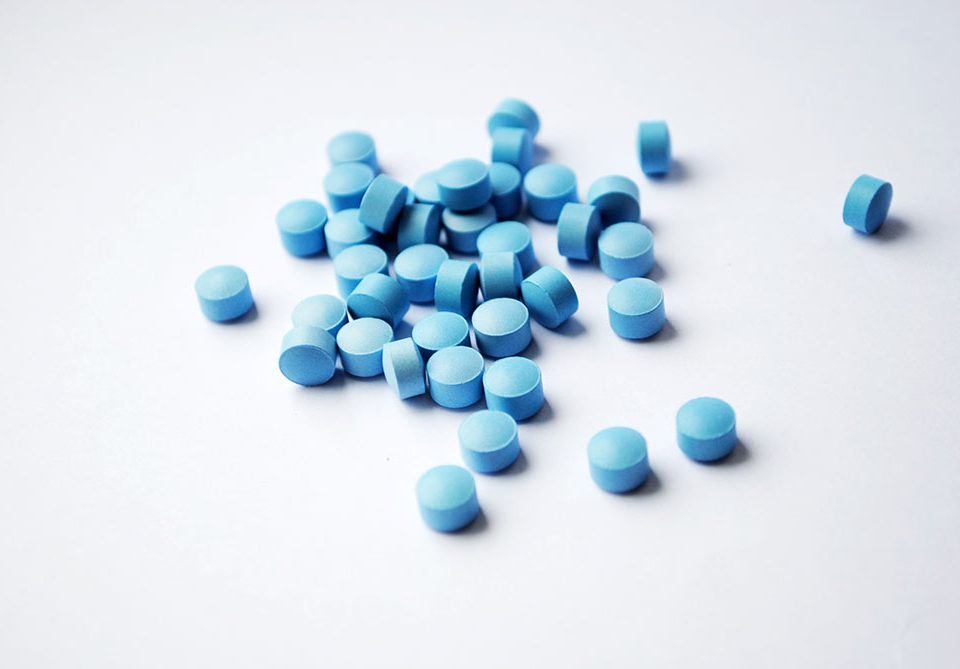Someone who suffers from a mental health disorder simultaneously with addiction should be given a dual diagnosis. Also known as a co-occurring disorder, for many, the two conditions create a vicious cycle of debilitating symptoms exacerbated by drug use or vice versa. Luckily, our Illinois drug rehab provides individualized dual-diagnosis treatment, and we explain the crucial factors involved in this type of treatment. It is possible to fully recover from both diseases when you receive the proper care. Here are 5 things you should know about treatment for dual diagnosis if you or your loved one is suffering from a co-occurring disorder.
Common Examples of Co-Occurring Disorders
There are a variety of disorders that can be caused by substance abuse, or it could work the other way around. Some people may be struggling with symptoms and take an unprescribed substance to cope, while others develop a mental illness after prolonged substance abuse. No matter the case, any of the instances listed below can be debilitating to handle, especially on one’s own.
Examples of these disorders can include:
- ADHD and addiction
- Anxiety and addiction
- Bipolar disorder and addiction
- Depression and addiction
These co-occurring disorders can be treated with a customized plan developed by healthcare professionals. In the past, people would have to seek separate treatment for their disorders. However, dual diagnosis treatment today involves treating both illnesses at the same time at a drug rehab or mental health facility.
Regardless of which condition started first, not getting the appropriate treatment can lead to even more problems down the line. People have lost relationships, job opportunities, and far worse because of their inability to accept that a problem is present. Below are some key facts regarding treatment for dual diagnosis and why acting can be so important.
Questions about our Facilities or Programs?
Our admissions coordinators are available 24/7 to answer any questions you may have as you consider whether treatment at Banyan is right for you or your loved one.
1.Dual diagnosis is quite common.
In a past National Survey on Drug Use and Health, over 7 million people in the U.S. experience a mental disorder and substance use disorder simultaneously.1 This statistic highlights that a dual diagnosis is more common than many think. What is so dangerous is that these conditions often end up causing more damage, despite a common initial effort to manage symptoms.
2. There is a substantial risk of suicide.
Patients who experience addiction, in addition to a mental illness, may also deal with suicidal thoughts. The combination of both diseases can significantly alter someone’s thoughts and cause them to continue to engage in unhealthy behavioral patterns, like attempting to take their own life. Dual diagnosis treatment helps individuals change these extremely negative and destructive thoughts.
3.Dual diagnosis treatment requires individualized care.
Because we are dealing with the complexity of two diseases at one time, specialized care is needed to help an individual overcome their struggles. Treatment involves examining the symptoms that are present, which helps individuals realize why the addiction developed in the first place. A variety of effective therapy methods are also employed at our Chicago addiction treatment center. This can help to break down what led to the situation at hand and teach healthier coping mechanisms to apply moving forward.
4. Specialized treatment may take more time.
Dual diagnosis treatment at the residential level of care can take longer to successfully complete. Mental health and addiction professionals will have to medically assess both diseases and determine a treatment plan that will best work for the individual. Everyone is different, so dual diagnosis treatment may take longer to complete compared to someone who only has one disorder present.
5.Comprehensive care is needed for successful results.
Integrated care should be included in an individual’s recovery journey from a co-occurring disorder. Combining evidence-based treatment with unique therapy methods will best help someone fully recover. Not all drug rehabs provide dual diagnosis treatment. It is best to perform research to see which facilities provide comprehensive care.
Getting into treatment is easy with our free insurance verification
"*" indicates required fields
Our Dual Diagnosis Treatment Center Is Here for You
If you are struggling with addiction, you may also have a mental health disorder present. What is important to remember is that help is available. Our Chicago IOP, for instance, will allow you to experience incredible programming while having the ability to return home at night. Patients can develop a stable support system among their peers who understand the experience of addiction and mental illness. There is so much more to life than substance abuse, and we hope to help you discover this for yourself.
Get the help you need today by calling us at 888-280-4763 for more information on our options for Illinois addiction treatment.
Source:
- National Institute on Drug Abuse - Comorbidity: Substance Use and Other Mental Disorders
Related Reading









